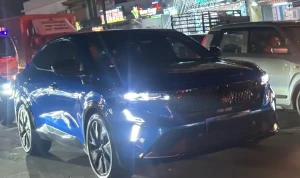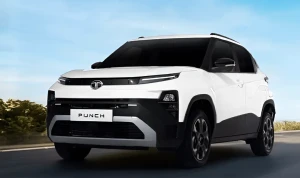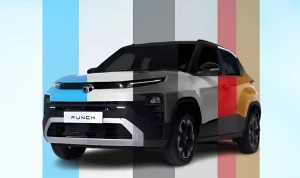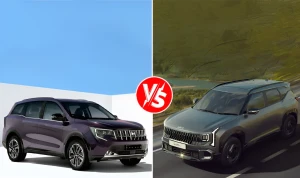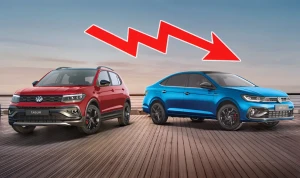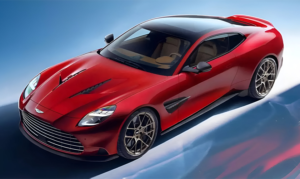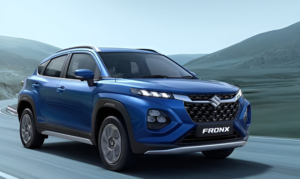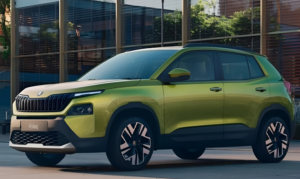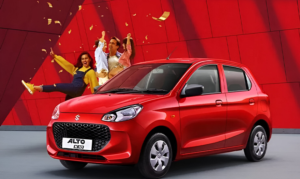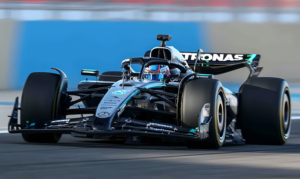Supreme Court Recommends Gradual Ban on Luxury Petrol and Diesel Cars to Promote EV Adoption
- Supreme Court proposes phased ban on luxury petrol and diesel cars.
- Move aims to boost electric vehicle (EV) adoption in India.
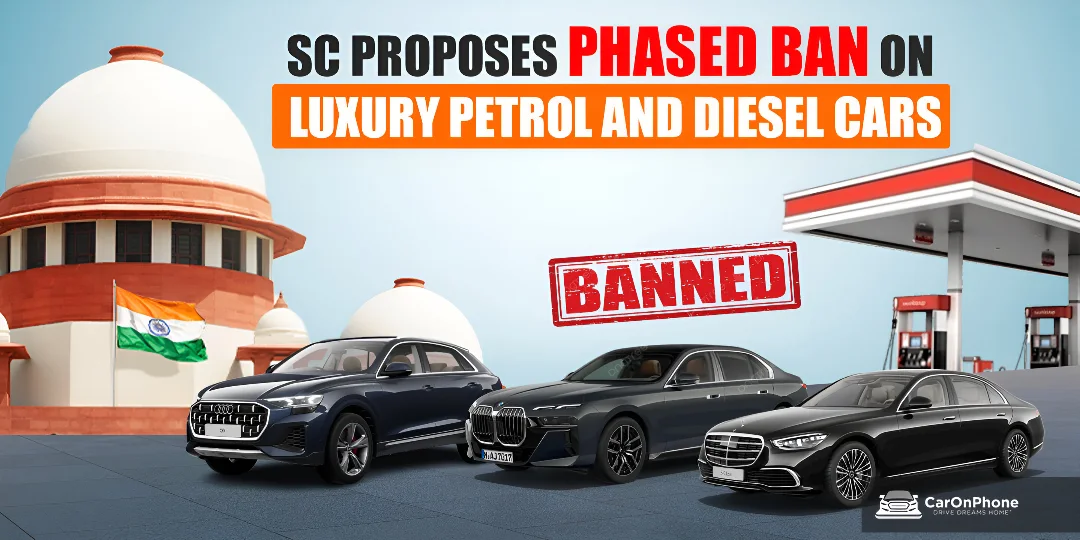
The Supreme Court has recently suggested that the government consider a phased ban on luxury petrol and diesel cars. The top court stated that this step could help accelerate India’s move toward electric vehicles (EVs) while affecting only a small section of the population
Catch the latest launches and updates on CarOnPhone!Supreme Court Hearing on Luxury Petrol and Diesel Cars
The suggestion came during a public interest litigation filed by the Centre for Public Interest Litigation (CPIL). Advocate Prashant Bhushan represented the petition, which focuses on enforcing existing government policies to promote the purchase and use of EVs
A bench comprising Justices Surya Kant and Joymalya Bagchi hearing the case on November 13, 2025 recommended that the government start restrictions with high end internal combustion engine (ICE) vehicles. These are typically premium petrol and diesel cars owned by VIPs, large companies, or very wealthy individuals
Why Luxury Petrol and Diesel Cars Are Targeted First
- Minimal Public Impact– Justice Kant highlighted that targeting luxury petrol and diesel cars would impact only a limited, affluent group and would not affect ordinary citizens
- Availability of Electric Alternatives– He noted that larger electric cars are now available and provide convenience comparable to high-end petrol and diesel models. This makes it easier to implement a phased ban without disrupting vehicle users
The court suggested that starting with this segment would allow a smooth transition to electric mobility and create a clear signal for the industry and the public about India’s commitment to cleaner vehicles
Pilot Projects in Major Cities
The bench recommended implementing pilot projects in key metropolitan areas to test and encourage the adoption of EVs. Cities like Delhi, Mumbai, Bengaluru, Chennai and Kolkata could serve as starting points
- Boosting EV Infrastructure– As the use of electric cars increases, the demand for charging stations is expected to rise. This would encourage fuel stations and transport hubs to add EV chargers
- Demonstration Effect– Pilot projects in major cities can showcase the convenience and feasibility of electric vehicles which may influence other cities to adopt similar measures
ALSO READ: 2026 Maruti Brezza Spied Testing Ahead of Launch
Government Response and Policy Review
Attorney General R. Venkataramani informed the Supreme Court that 13 ministries are currently involved in work related to EV promotion and infrastructure. The Centre will submit a consolidated status report detailing
- Policy Notifications– All rules and regulations related to electric mobility
- Progress Updates– Achievements so far, including programs under frameworks like the National Electric Mobility Mission Plan (NEMMP)
The bench also suggested that some of India’s current EV policies, some of which are over five years old, may need a fresh review. The court emphasized examining the existing policy framework to ensure it meets the current needs for electric mobility adoption
Benefits of a Phased Ban on Luxury Petrol and Diesel Cars
1. Environmental Advantages
- A reduction in high-end petrol and diesel vehicles will help cut pollution, particularly in urban areas
- Encouraging EV adoption supports India’s broader climate and clean energy goals
2. Industry Transition Support
- Automotive companies will get a clear roadmap for electric vehicle production and sales
- It motivates carmakers to focus on premium EV models, bridging the gap between conventional ICE vehicles and cleaner alternatives
3. Infrastructure Growth
- Increased demand for EV chargers and related services can lead to expansion of charging networks across the country
- Fuel stations, malls, and transport hubs may upgrade facilities to accommodate electric vehicles
Next Steps in Implementation
The Supreme Court has scheduled a follow-up hearing in four weeks. During this session the Centre is expected to present a detailed report outlining progress on EV policy implementation, infrastructure development and potential timelines for phasing out luxury petrol and diesel cars
If the government adopts the proposal, luxury petrol and diesel cars will be the first category of vehicles targeted in India’s broader transition to electric mobility. This move can provide a strong signal to both consumers and the automobile industry that the country is serious about EV adoption and sustainable transportation
The Supreme Court’s recommendation to start a phased ban on luxury petrol and diesel cars reflects a careful and practical approach toward electric vehicle adoption in India. By beginning with high-end ICE vehicles, the government can minimize public inconvenience while promoting cleaner transport options. Pilot projects in major cities and regular policy reviews can ensure that the transition is smooth, sustainable and effective
This initiative could mark a significant step in India’s journey toward electric mobility encouraging both consumers and manufacturers to embrace environmentally friendly vehicles
MORE NEWS:
2025 Tata Sierra Expected Price And 15 Confirm Features – Check Full List
Maruti eVitara: Expected Price, Variants & Key Features You Must See
New Tata Sierra Reveals 5 First-Time Features: Full Breakdown
Tags:
CarOnPhone is your one-stop destination to see all upcoming cars, latest cars, released cars, and EV Cars, and compare Cars in all Car Brands. Stay tuned and follow us to update yourself on the automotive world.

